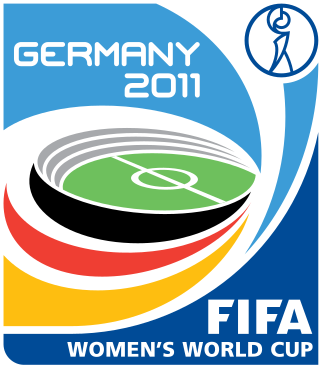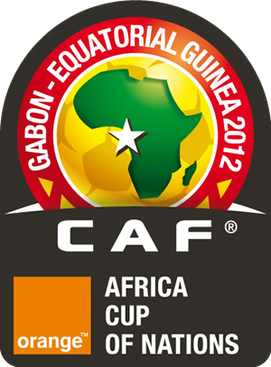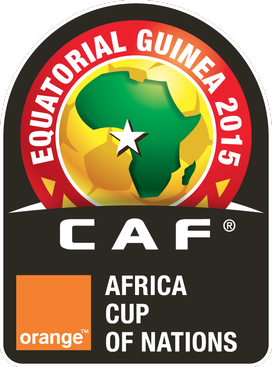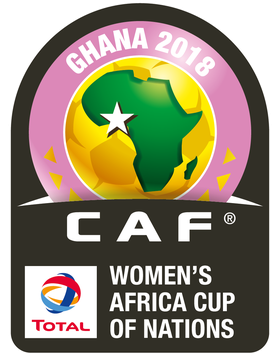
The 2014 FIFA World Cup was the 20th FIFA World Cup, the quadrennial world championship for men's national football teams organised by FIFA. It took place in Brazil from 12 June to 13 July 2014, after the country was awarded the hosting rights in 2007. It was the second time that Brazil staged the competition, the first being in 1950, and the fifth time that it was held in South America.

The 2011 FIFA Women's World Cup was the sixth FIFA Women's World Cup competition, the world championship for women's national football teams. It was held from 26 June to 17 July 2011 in Germany, which won the right to host the event in October 2007. Japan won the final against the United States on a penalty shoot-out following a 2–2 draw after extra time and became the first Asian team to win a senior FIFA World Cup.
The Israel women's national football team represents Israel in international women's football. The Israel women's national football team was established in 1997. Women's football in Israel was developed as an upside down pyramid by first opening the national team and then after 2 years opening the first women's football league in Israel. Women's Football in Israel is struggling to develop because it is lacking investment.

The 2012 Africa Cup of Nations, also known as the Orange Africa Cup of Nations for sponsorship reasons, was the 28th edition of the Africa Cup of Nations, the football championship of Africa organized by the Confederation of African Football (CAF).

The 2018 FIFA World Cup was the 21st FIFA World Cup, the quadrennial world championship for national football teams organized by FIFA. It took place in Russia from 14 June to 15 July 2018, after the country was awarded the hosting rights in late 2010. It was the eleventh time the championships had been held in Europe, the first time they were held in Eastern Europe, and the first time they were held across two continents. At an estimated cost of over $14.2 billion, it was the most expensive World Cup ever held until it was surpassed by the 2022 World Cup in Qatar.

The 2012 FIFA U-17 Women's World Cup was the third edition of the women's football tournament, and was held in Azerbaijan from 22 September to 13 October, following a decision by the executive committee on 19 March 2010. Defending champions South Korea failed to qualify for the tournament. France won the title after defeating North Korea 1–1.

The 2015 Africa Cup of Nations, known as the Orange Africa Cup of Nations, Equatorial Guinea 2015 for sponsorship reasons, was the 30th staging of the Africa Cup of Nations, the international men's football championship of Africa. It was organized by the Confederation of African Football (CAF) and was held from 17 January to 8 February 2015.

This is a list of official football games played by Iran national football team between 2010 and 2019.
Group C of the 2011 FIFA Women's World Cup consisted of the teams from the United States, North Korea, Colombia, and Sweden. The games were played on 28 June, 2 July, and 6 July 2011. The top two teams advanced to the knockout stage. Sweden, North Korea and the United States were drawn together for the third World Cup in succession, with the latter pair also in the same group in 1999.
Group D of the 2011 FIFA Women's World Cup consisted of the teams from Brazil, Australia, Norway and Equatorial Guinea. The games were played on 29 June, 3 July and 6 July 2011. The top two teams advanced to the knockout stage.
This page provides the summaries of the CAF second round matches for 2014 FIFA World Cup qualification.

The 2016 FIFA U-20 Women's World Cup was the 8th edition of the FIFA U-20 Women's World Cup, the biennial international women's youth football championship contested by the under-20 national teams of the member associations of FIFA. The tournament was held in Papua New Guinea from 13 November to 3 December 2016. This was the first FIFA tournament held in the country, the first FIFA tournament held in Melanesia, and the first FIFA association football tournament in Oceania to take place outside Australasia.
The Australia women's national soccer team has represented Australia at the FIFA Women's World Cup on eight occasions in 1995, 1999, 2003, 2007, 2011, 2015, 2019 and 2023. Australia co-hosted the 2023 FIFA Women's World Cup with New Zealand. The Matildas automatically qualified as co-host, and the Matildas finished fourth overall.
The 2018 FIFA World Cup qualification UEFA Group E was one of the nine UEFA groups for 2018 FIFA World Cup qualification. The group consisted of six teams: Romania, Denmark, Poland, Montenegro, Armenia, and Kazakhstan.

The 2018 Women's Africa Cup of Nations was the 13th edition of the Africa Women Cup of Nations, the biennial international football championship organised by the Confederation of African Football (CAF) for the women's national teams of Africa. The tournament was held in Ghana, from 17 November to 1 December 2018.
The 2018 African U-17 Women's World Cup Qualifying Tournament was the 6th edition of the African U-17 Women's World Cup Qualifying Tournament, the biennial international youth football competition organised by the Confederation of African Football (CAF) to determine which women's under-17 national teams from Africa qualify for the FIFA U-17 Women's World Cup.
The 2018 Women's Africa Cup of Nations qualification was a women's football competition which decided the participating teams of the 2018 Women's Africa Cup of Nations.
The New Zealand women's national football team has represented New Zealand at the FIFA Women's World Cup on six occasions in 1991, 2007, 2011, 2015, 2019 and 2023. New Zealand co-hosted the 2023 FIFA Women's World Cup with Australia. They have never advanced beyond the group stage.
The Norway women's national football team has represented Norway at the FIFA Women's World Cup on nine occasions in 1991, 1995, 1999, 2003, 2007, 2011, 2015, 2019 and 2023. They were runners up in 1991. They won the following tournament in 1995. They also reached the fourth place in 1999 and in 2007.

The Brazil women's national football team has represented Brazil at the FIFA Women's World Cup on all ten occasions to date. As the most successful women's national football team in South America, Brazil is also the best-performing South American team at the FIFA Women's World Cup, reaching two podium finishes. Brazil will host the 2027 FIFA Women's World Cup.









